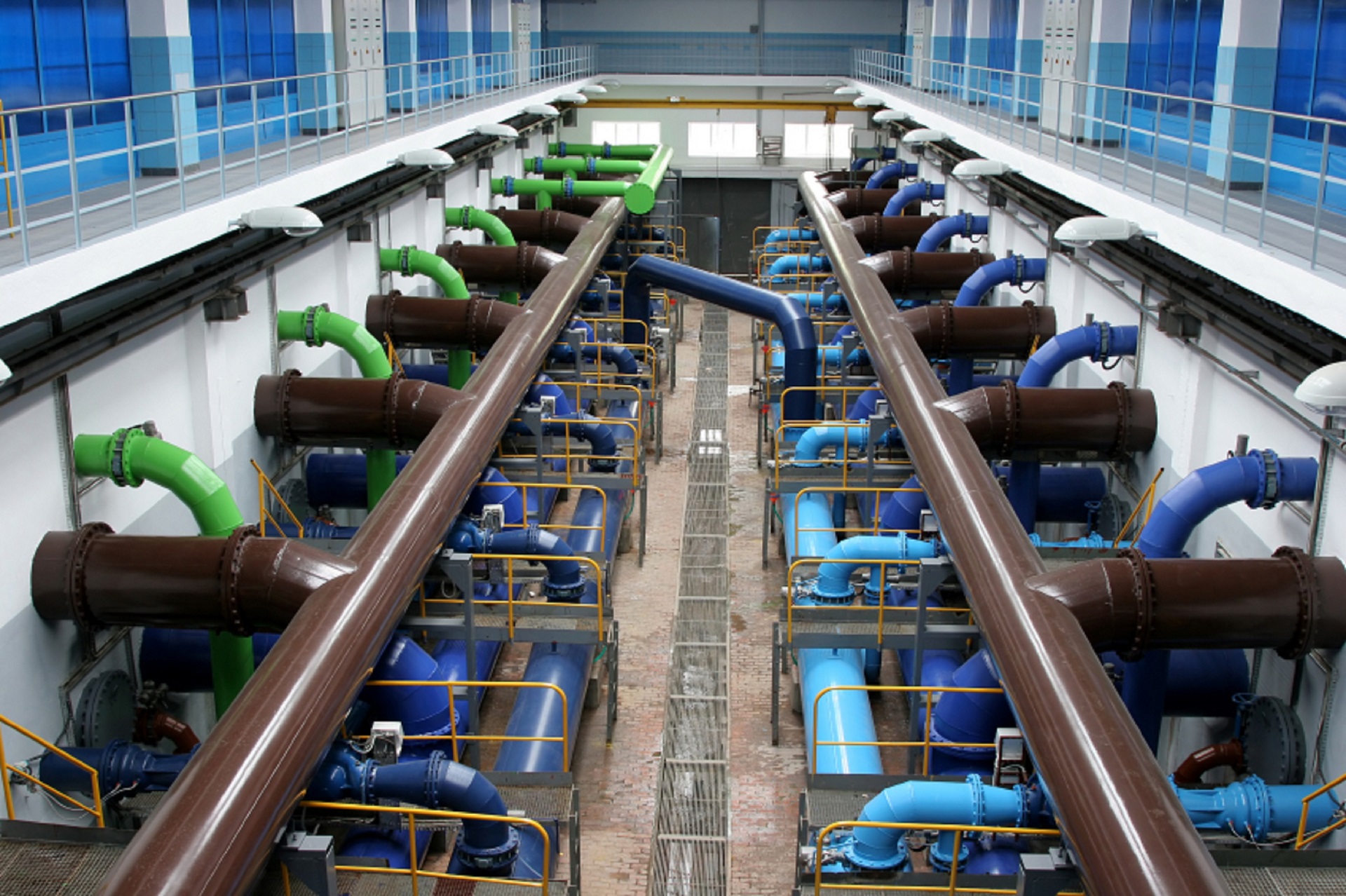- Commercial Reverse Osmosis Water Treatment Systems
- Industrial Reverse Osmosis Water Treatment Systems
- Ultrafiltration UF Water Treatment Systems
- Ion Exchange Water Treatment System
- Containerized Water Treatment Systems
- Customized Water Treatment System
- Bottle Water Filling Line
- Water Mechanical Micron Filters
- Stainless Steel Water Treatment Equipments
- Water Treatment Parts
- Water Sterilization
Why is filter water essential for health and safety?
In today's rapidly changing society, the safety and health of water resources are crucial for everyone. As an indispensable part of human daily life, the quality of drinking water directly affects our health and quality of life. In order to solve the water quality problem, more and more people are paying attention to the importance of filtered water and choosing to install drinking water filtration systems to ensure that their drinking water is clean and safe.
Health concerns caused by water quality issues
With the rapid development of industrialization and urbanization, water source pollution and water quality degradation have become common problems on a global scale. The possible pollutants in water include but are not limited to heavy metals, bacteria, viruses, pesticides, chemicals, etc., which pose a potential threat to human health. Untreated tap water may contain various invisible harmful substances, therefore, filtered water has become a key factor in ensuring drinking water safety.

The key role of drinking water filtration systems
The design of drinking water filtration system aims to remove suspended solids, particles, odors, odors, and pollutants from water, providing a fresh and pure taste water source. The drinking water filtration system adopts various filtration technologies, including activated carbon, microporous membrane, reverse osmosis, etc., to ensure that the water quality meets hygiene standards. The following are several key reasons why filtered water is crucial for health and safety:
1. Removing harmful substances: The drinking water filtration system can effectively remove harmful substances such as heavy metals, organic pollutants, bacteria, and viruses from water, reducing the potential harm to human health.
2. Improving water taste and quality: The drinking water filtration system can remove odors and odors from the water, improve the taste of the water, make drinking water fresher and more delicious, enhance people's preference for water, encourage more people to choose to drink more water, and maintain the body's water balance.

3. Preserving beneficial minerals: The drinking water filtration system can retain beneficial minerals such as calcium and magnesium while removing harmful substances, ensuring that drinking water is both safe and nutritious.
4. Prevent secondary pollution of water sources: The use of filtration systems can prevent secondary pollution during the transportation of water sources, ensuring that water remains hygienic from the water plant to the home.
5. Adapt to different water quality: The water quality varies in different regions, and the filtered water system can be adjusted and selected according to the local water quality characteristics to ensure adaptation to the water quality situation in different environments.
Economical and practical health protection
Although some people may consider purchasing a drinking water filtration system as an initial investment, in the long run, it is an economically practical health guarantee. Compared to purchasing bottled water, the maintenance cost of drinking water filtration systems is relatively low, and the use of single plastic bottles is reduced, which is environmentally friendly. In addition, by maintaining a balanced body moisture and reducing the intake of harmful substances, people are more likely to maintain a healthy weight and reduce the risk of chronic diseases.

Against the backdrop of increasingly scarce global water resources, paying attention to drinking water quality and choosing filtered water systems is not only a responsible attitude towards personal health, but also a positive contribution to sustainable social development. With the continuous progress of technology and people's higher demands for health, drinking water filtration systems will become an important means of ensuring drinking water safety in the future.




